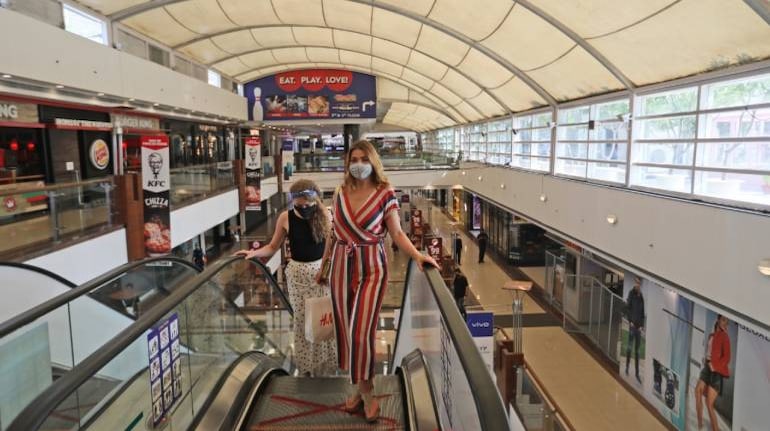



Even as millions of workers have gone back home from cities amidst the lockdown, there hasn’t been much of an impact on many establishments in these locations.
“However, once demand picks up during festive season, the pinch will be felt,” says said Lohit Bhatia, President-Workforce Management, Quess Corp.
In an interaction with Moneycontrol, Bhatia said that there has been a massive exodus of about 25 million workers. “About 110-120 million people in Indian cities are migrants. The government had said that about one-fourth of these migrants have gone back home. When we enter the festive season from August onwards, when the economy usually picks up, establishments will feel the crunch,” he said.
Right now, since factories and establishments are working with truncated daily hours, the shortage is not visible. But once the working hours are extended, there will be staff shortage.
Also, with instances like workers contracting COVID-19 in manufacturing plants, as in the case of Bajaj Auto recently, migrant workers may be reluctant to move back to cities.
Only 33 percent workers are allowed to come to the workplace right now, as per the standard operating protocols for commercial units issued by the Ministry of Home Affairs. Further, these units have to ensure that workers have full access to safety products like masks, sanitisers and gloves. Canteens and assembly areas, too, have to maintain a distance of at least 6 feet between employees at all times.
Formalisation of labour
Currently, about 85 percent of the 495 million workers in India belong to the unorganised sector, with informal jobs and no social security. Bhatia believes that the Medium, Small and Micro Enterprises (MSME) package announced by the government will pave way for the formalisation of labour.
“The MSME definition has been tweaked to categorise companies based on their turnover rather than investment. Further, the Rs 3 lakh crore collateral-free loans for 4.5 million MSMEs would help them to expand their business. Once business expands, hiring will increase. With higher number of employees, there will be a need to formalise daily business operations, including hiring,” he added.
When it comes to formalisation of jobs, he said that it is still early days. “Look at a storekeeper in a kirana store versus one working at a store in a mall. The government has called for proper employment records, with ESIC/medical insurance across all establishments. Once this is implemented, by say, having surprise visits by labour commissioners to kirana stores and surprise checks of ESIC/medical insurance for workers, it would be successful,” he added.
Bhatia is of the view that instead of spending several crores in schemes like MGNREGA (rural employment guarantee), Ayushman Bharat (health insurance) or food distribution, there is a need to formalise employment and have social security schemes for workers.
Discover the latest Business News, Sensex, and Nifty updates. Obtain Personal Finance insights, tax queries, and expert opinions on Moneycontrol or download the Moneycontrol App to stay updated!
Find the best of Al News in one place, specially curated for you every weekend.
Stay on top of the latest tech trends and biggest startup news.